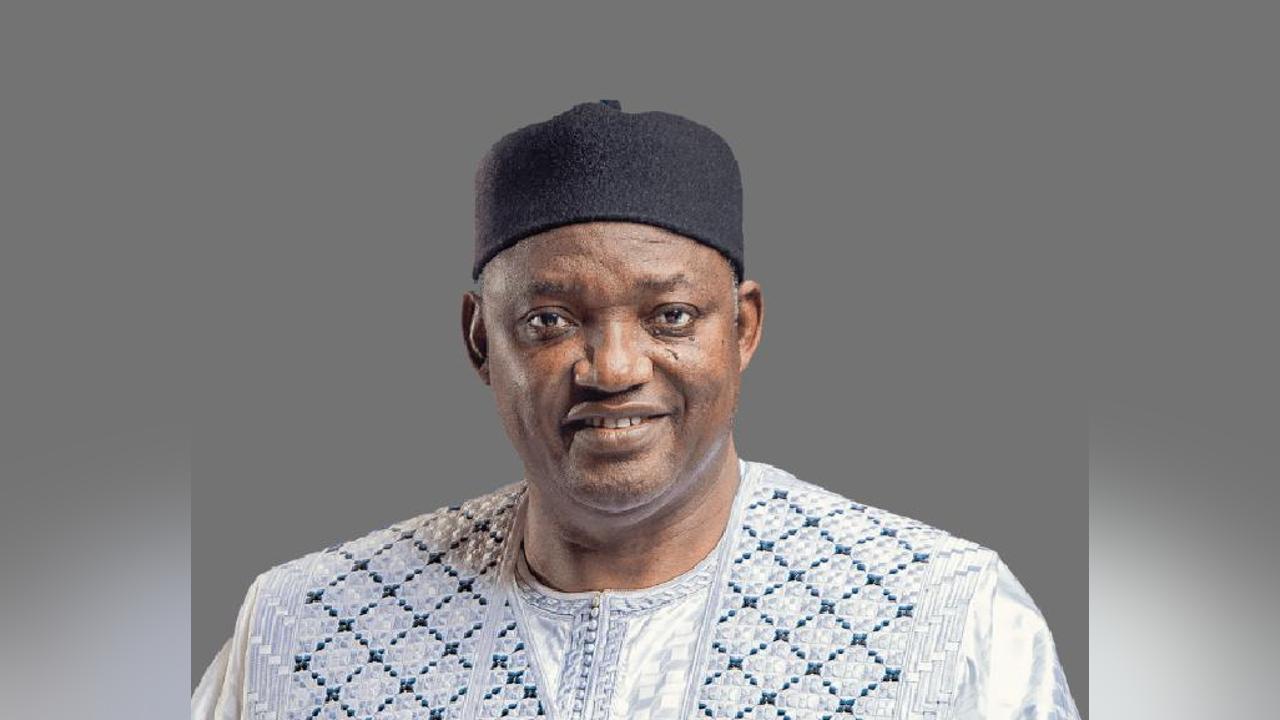Africa-Press – Gambia. President Adama Barrow has spoken of the importance of integrating the madrasas into the broader national development agenda, stating that “every Gambian child deserves an equal opportunity to pursue tertiary education, gain valuable skills, and contribute meaningfully to our socio-economic growth.”
Barrow was speaking at the launching of the Madrasa Integration Strategy (GMIS), a landmark strategy to bridge Madrasas and secular education system at an event at the Sir Dawda Kairaba Conference yesterday.
The initiative comes amid recognition that traditional Madrasa education, which has historically focused on Islamic sciences and morals, has faced systemic barriers to higher education and skills acquisition.
The president acknowledged the pivotal role of religious and community leaders in fostering trust and understanding among diverse stakeholders.
“Our goal is to ensure that no student is left behind,” he declared, emphasising that the strategy aligns with the country’s broader development frameworks, including the National Development Plan and Sustainable Development Goals.
Imam Ousman Jah, president of Amaana, the body administering madrasa education system in the country, highlighted that over 700 Qur’anic memorisation centres and more than 100,000 students are involved nationwide adding that the strategy aims to harness existing religious educational structures and elevate them into platforms for national development.
He called for increased government support, community engagement and international collaboration, including partnerships with Egypt for technical training.
Franklin Mutahakana, World Bank’s Country Representative, underscored the significance of data-driven approaches and international examples from countries like Bangladesh and Senegal, which have successfully merged religious and secular curricula.
He affirmed the World Bank’s commitment to supporting Gambia’s efforts in expanding access, improving infrastructure, and strengthening teacher training programmes.
Supporting this vision, the Ministry of Higher Education, Research, Science and Technology, in collaboration with the World Bank’s RISE Project, outlined key components of the strategy.
These include curriculum reforms to incorporate STEM and vocational subjects, language bridging programmes to address English proficiency gaps, construction of technical workshops within Madrasa centres, and capacity-building for teachers. The strategy also aims to establish governance structures such as a national Madrasa board to oversee smooth implementation.
For More News And Analysis About Gambia Follow Africa-Press






